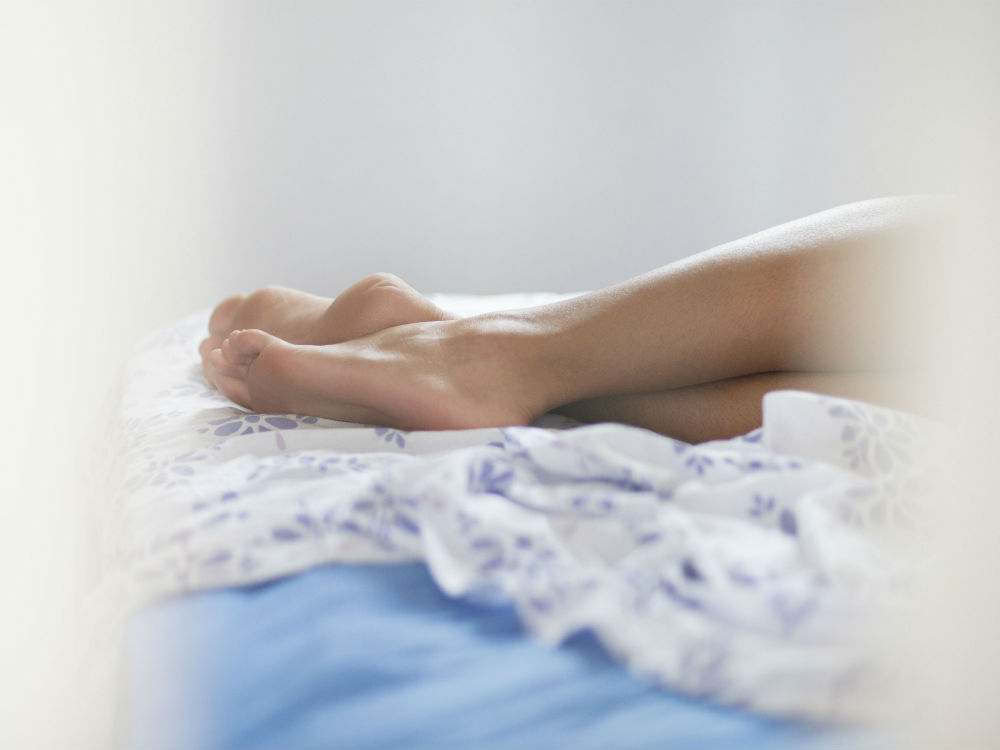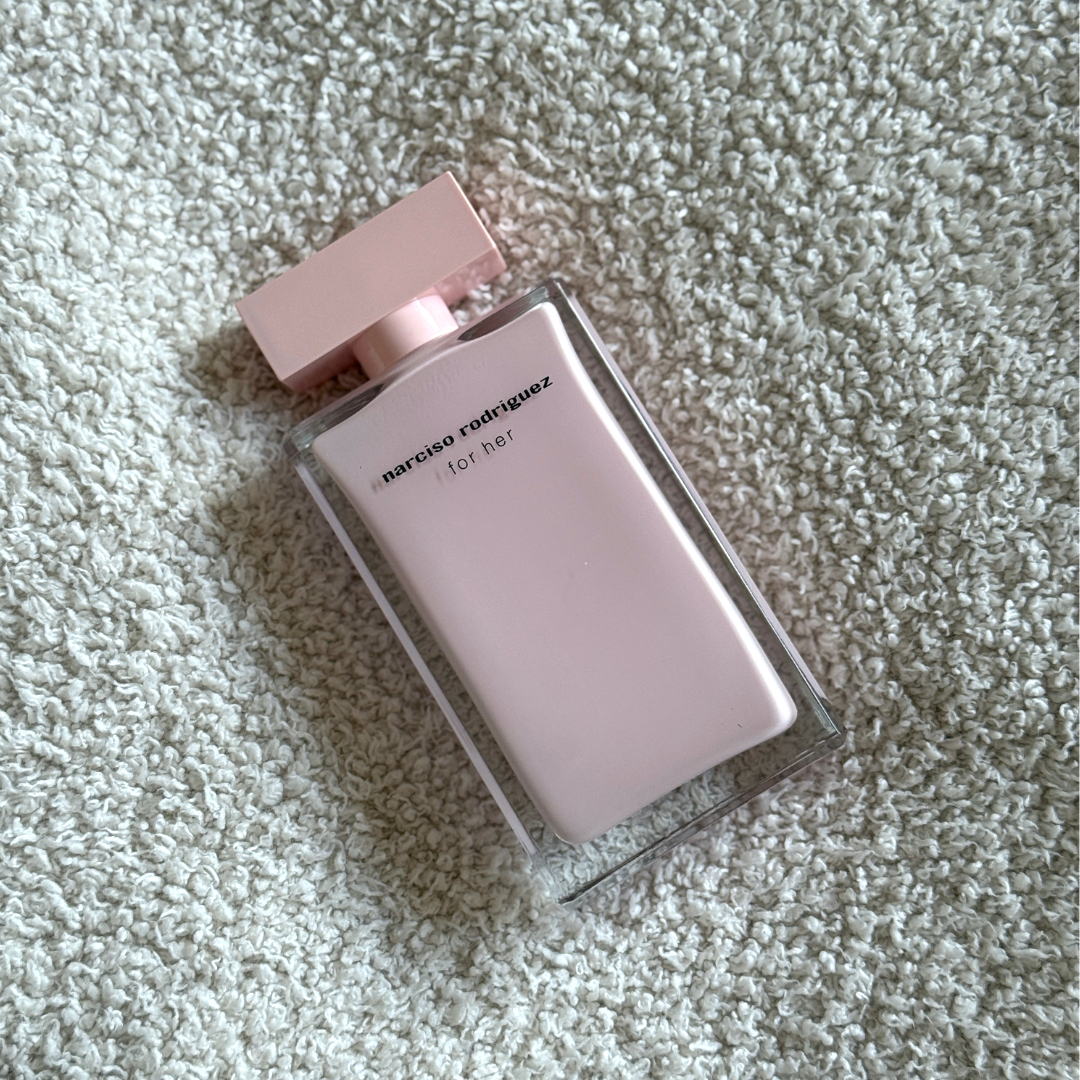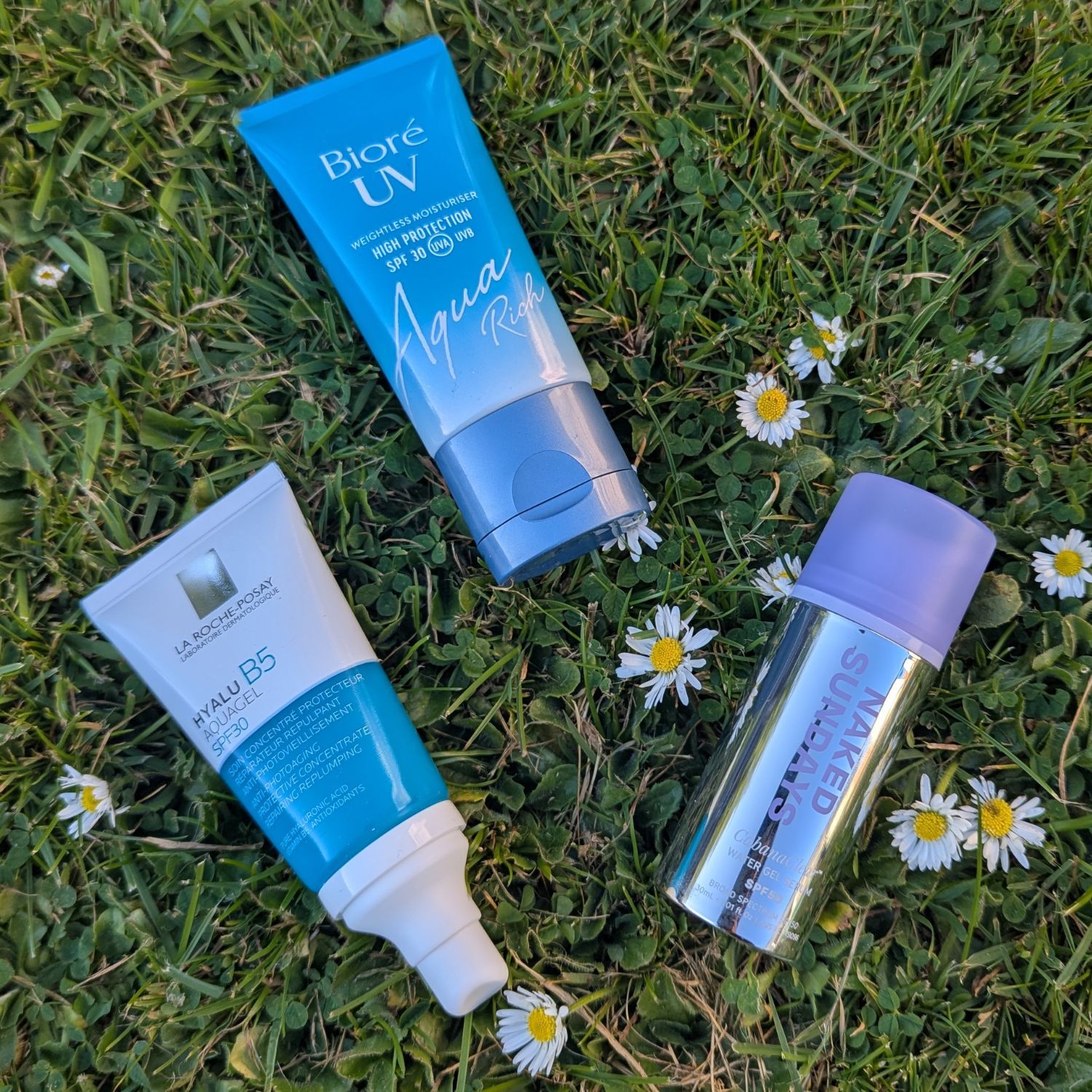Why aren't we talking about this sexual condition?
As many as 16% of women suffer with vulvodynia

As many as 16% of women suffer with vulvodynia
Around 16% of women suffer from vulvodynia, so how is it that most of us have never heard of it?
Vulvodynia is extreme persistent, unexplained pain in the vulva, which is the skin surrounding the vagina. Sufferers have described is as like having a chilli rubbed into an open cut, or acid poured onto your skin.
The condition makes sex extremely difficult and is often cocurrent with vaginismus, but it's not just sex that's affected by vulvodynia though. Women who suffer with the condition can also struggle with inserting tampons, or even sit down for long periods of time. It can be crippling. Dr Jenner, a Doctor from the London Pain Clinic told The Independent the effects of vulvodynia can be “absolutely debilitating,” causing problems with relationships, anxiety and depression.
A study conducted in America gathered information from nearly 5,000 women aged between 18 and 64 in an attempt to disocver how common unexplained chronic vulval pain really is. Approximately 16 per cent of women were found to have experienced chronic burning, knife like pain in the vulva or pain on contact that lasted for three months or longer.
It's not just that the syndrome is little know, it's also not well understood. Treatment wise, there's not a lot that can be done, with the NHS saying 'There is usually no obvious cause, but much can be done to help relieve the pain so that it no longer causes problems.'
Whilst there's no 'cure' for the condition, if you suffer from vulvodynia the NHS recommends a number of changes you can make
Marie Claire Newsletter
Celebrity news, beauty, fashion advice, and fascinating features, delivered straight to your inbox!
- Wear 100% cotton underwear and loose-fitting skirts or trousers. - Avoid scented hygiene products such as feminine wipes, bubble bath and soap – an emolient is a good substitute for soap. - Use petroleum jelly before swimming to provide protection from chlorine. - Avoid cycling and any other activities that put prolonged pressure on the vulva. - If sexual intercourse is painful, try to find a position that is comfortable (many women find that being on top is the most comfortable position). - Try to reduce stress as high levels of stress can increase the pain of vulvodynia – read some relaxation tips to relieve stress.
The leading destination for fashion, beauty, shopping and finger-on-the-pulse views on the latest issues. Marie Claire's travel content helps you delight in discovering new destinations around the globe, offering a unique – and sometimes unchartered – travel experience. From new hotel openings to the destinations tipped to take over our travel calendars, this iconic name has it covered.
-
 Anatomy Of A Wardrobe: TV presenter AJ Odudu is carving out her own lane, one show-stopping look at a time
Anatomy Of A Wardrobe: TV presenter AJ Odudu is carving out her own lane, one show-stopping look at a timeWatch as we take an exclusive look inside AJ's wardrobe
By Lily Russo-Bah
-
 This perfume has been an icon for over 20 years, and for good reason—it’s soft, elegant, and oh so feminine
This perfume has been an icon for over 20 years, and for good reason—it’s soft, elegant, and oh so feminineFeminine but not *too* sweet
By Lucy Abbersteen
-
 I’ve searched high and low for the best lightweight SPFs—these hydrating, water-based ones are a total game-changer
I’ve searched high and low for the best lightweight SPFs—these hydrating, water-based ones are a total game-changerNo excuses
By Jazzria Harris